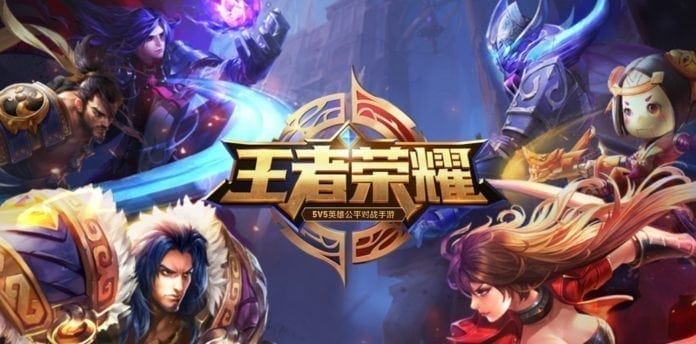Update #50 - Bilibili, Tencent Gaming, and Food Waste
Make sure you subscribe to receive new updates!
Welcome to East West Hurricane! 🌪
We update you on the most essential news from Asia in tech, media, and business—the things you need to know that you probably haven’t heard in Western media.
Follow us on Twitter and Instagram! ⚡️
Bilibili is one of China’s biggest online video platforms and is sometimes referred to as the “YouTube of China.” They are focused on anime, comics, and gaming (ACG), recently hit 172 monthly active users in May, and received a $400 Million investment from Sony in April to bring their market cap to $14 Billion. Now Bilibili is recruiting foreign Youtubers to start creating channels on the platform, including Kurt Schneider, Pamela Raif and DJ Marshmello. By playing on the novelty of being a foreigner, these creators can find new reach through Chinese audiences. At the same time, foreign creators still have to deal with risks such as state censorship and content piracy.

Bilibili has done really well over its ten year history by being focused on the specific ACG cultural niche. As the company grows and deals with the pressures of being a publicly traded company, they need to expand and find new opportunities. As reported by Sixth Tone, sometimes this turns off Bilibili’s original audience who supported the platform when the company was much more niche. Nowadays, even Dwayne “The Rock” Johnson and the UFC are on Bilibili. For Bilibili’s executive team, becoming more mainstream (to the dismay of some diehard fans) might be a necessity in order to compete in the intensity of the global entertainment market. You either die a hero or live long enough to see yourself become a villain!
Tencent Flexes During Q2 Earnings… 💪
Tencent recently released their Q2 earnings. With threats from the Trump administration to ban WeChat, the recent bans from India, and the effects of Covid, some might assume that Tencent is in a dangerous financial position. So far, the earnings call paints a pretty optimistic picture—and a lot of that is thanks to gaming revenue. While advertising revenue declined, Tencent had one of its fastest growing quarters in terms of both revenue and profit.

Total profit increased 38% year-on-year and online games revenue increased 40% year-on-year. Mobile games like “Honor of Kings” and “Peacekeeper Elite” drove the most growth for Tencent. Honor of Kings has been one of the world’s highest grossing mobile games for the past few years. Taking into consideration the potential ban of WeChat in the US, Tencent pointed out that the US is less than 2% of their global revenue and they don’t expect any major impact even if a ban happens. At this point, you start to realise how Tencent can continue to grow and hold a position as one of the world’s largest tech companies without any reliance on US audiences.
Encouraging Good Behaviours Around Food 🍜
I recently wrote about Mukbang, the online trend of people recording videos of themselves eating large quantities of food. If you remember, it’s not just a minor fad but literally one of the biggest video categories on the internet that is also an increasingly lucrative marketing channel for food brands. As Mukbang and its international reach has become so big, there is now Chinese regulation being introduced around food waste. When people in China search topics like “eating show” or “competitive eaters” on video platforms like Kuaishou or Douyin, they will see cautionary warnings around ‘saying no to food waste.’

This comes after the Chinese state broadcaster CCTV criticised online food eating influencers for promoting societally harmful acts of food waste. While he didn’t mention Mukbang specifically, Chinese President Xi Jingping highlighted the country’s new challenge of food waste and securing the food supply chain in the aftermath of the coronavirus. The trickle down effect of Xi’s comments might decrease the appeal of Chinese Mukbang videos at least in the short term. While this may seem like a relatively small, trivial topic, I think we can expect broader societal attitudes across all industries to shift away from waste and excess while the entire world struggles to deal with economic downturn.




